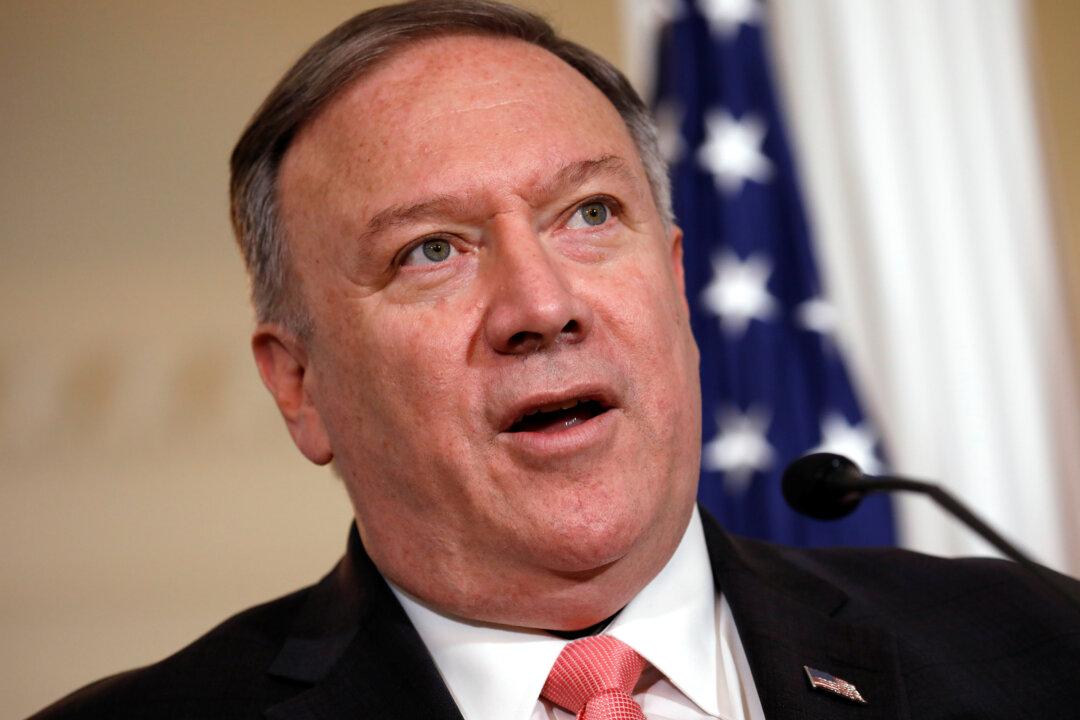WASHINGTON—U.S. Secretary of State Mike Pompeo said on Aug. 20 the United States was not sending “mixed messages” on Huawei Technologies and he does not believe a U.S. blacklist of the Chinese telecommunications giant will block a trade deal with Beijing.
“I don’t think there’s a mixed message at all,” Pompeo said in an interview with CNBC.





